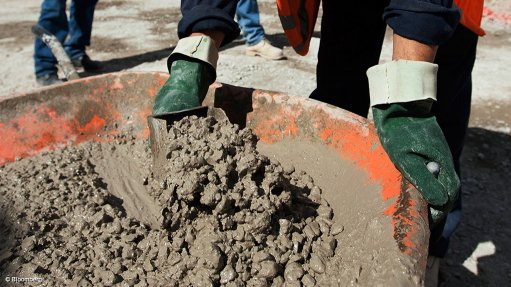
JSE-listed Sephaku Holdings on Monday reported a loss for the six months ended September 30 of R3.74-million, as opposed to a R6.26-million profit during the prior corresponding period.
The company explained that, owing to a one-off noncash contingent consideration loss of R22.2-million for the outstanding Métier acquisition share-based payment of R100-million, its profit before tax had declined from R16.3-million during the prior corresponding period to R10.5-million.
Further, group taxation amounted to R14.3-million, payable essentially on the Métier income, which reduced the profit before tax to a loss of R3.74-million.
Sephaku’s headline loss a share for the period amounted to 2c, while normalised headline earnings a share, calculated excluding the one-off consideration on the Métier acquisition, were 9.69c.
During the period under review the group achieved a 34% increase in revenue to R404.2-million, especially as a result of Métier’s plant expansion in Gauteng since 2011.
Sephaku said Métier had also managed to sustain its historical gross profit margin as it successfully gained market share.
Further, during the six-month period, Sephaku’s group operating profit grew by 57% to R53.1-million, with Métier’s contribution having increased by 43% to R62.6-million.
Meanwhile, Sephaku noted that, during its subsidiary Sephaku Cement’s (SepCem’s) interim reporting period of January to June, the company continued to ramp up production at its Delmas milling plant, in Mpumalanga.
SepCem also completed commissioning of the Aganang integrated plant, enabling it to start production of both clinker and cement in the third quarter.
The combination of revenue from purchased clinker and preproduction expenditure at Aganang resulted in SepCem recording a loss of R35.9-million.
Sephaku’s 36% equity-accounted loss for SepCem’s six months ended June was, therefore, R9.3-million.
Meanwhile, in SepCem’s third quarter, which was not accounted for by Sephaku in the current interim reporting period, the associate reached an annualised capacity use of 80% at Delmas and increased its market penetration as indicated by its reported revenues for the nine months ended September 2014.
SepCem achieved revenue of R206-million for the interim period ended June 30 and R309-million for the three months ending September 2014, an increase of more than 100% quarter-on-quarter.
SepCem’s revenue achieved to the end of September 2014 was R515-million, essentially from the Delmas production output.